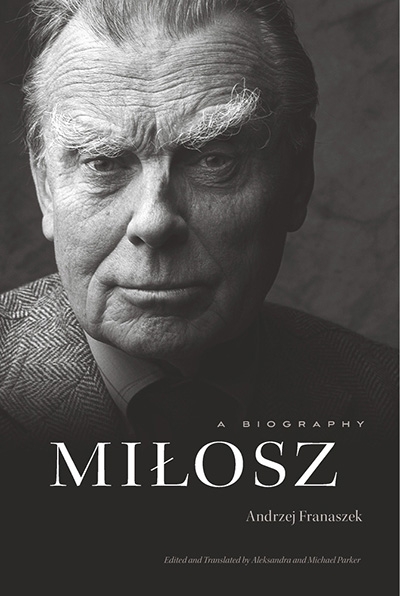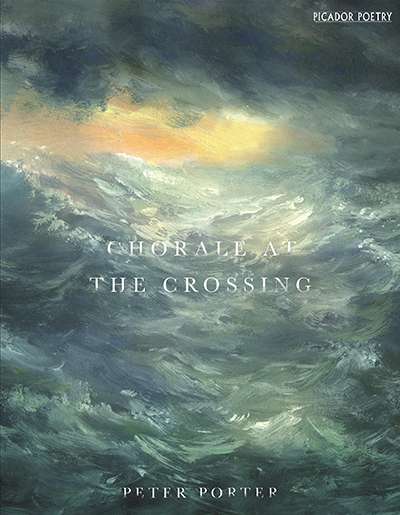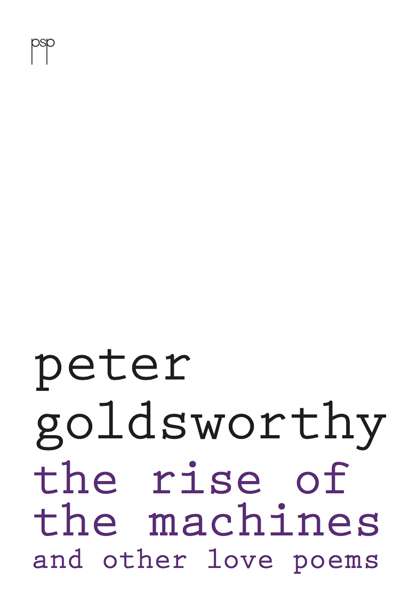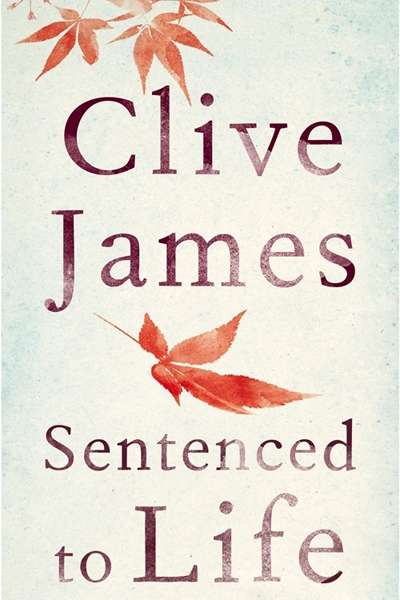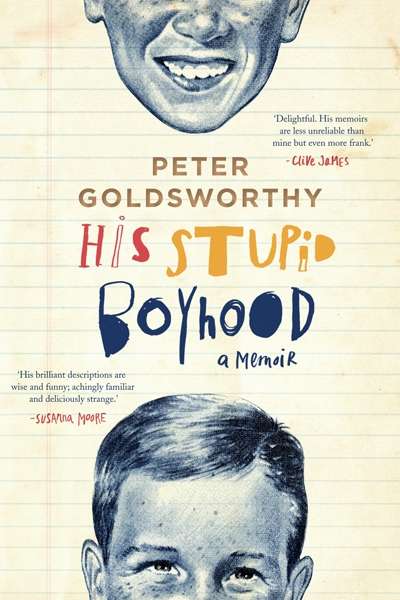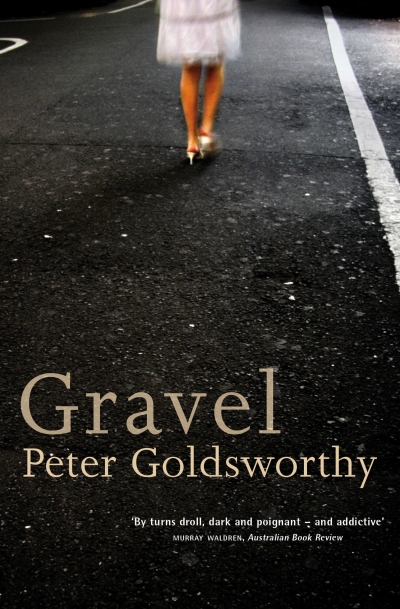Peter Goldsworthy
State Editor's Introduction by Peter Goldsworthy | States of Poetry SA - Series Two
Steve Brock began writing in the shadow of the New York school, but in ‘dreaming with Ted Berrigan’ – ‘I can’t remember if he said anything’ – might be saying goodbye to those earlier cool dudes and already a ...
Miłosz: A biography by Andrzej Franaszek, edited and translated by Aleksandra Parker and Michael Parker
The Rise of the Machines and other love poems by Peter Goldsworthy
States of Poetry 2016 - South Australia | State Editor's Introduction by Peter Goldsworthy
I sometimes think that poetry sits in relation to the great empire of the Novel as precariously as early Christianity in the Roman Empire: small groups of devotees gathering in catacombs to perform their sacred rites. OK, the stakes are not as high (the odd literary lion notwithstanding) and things have changed a little in recent years (new media platforms, performa ...
His Stupid Boyhood: A Memoir by Peter Goldsworthy
‘Who do you think you are?’ an eminent paediatrician once thundered at me across a child’s cot during his weekly grand ward round. ‘Anton Chekhov?’
... (read more)
